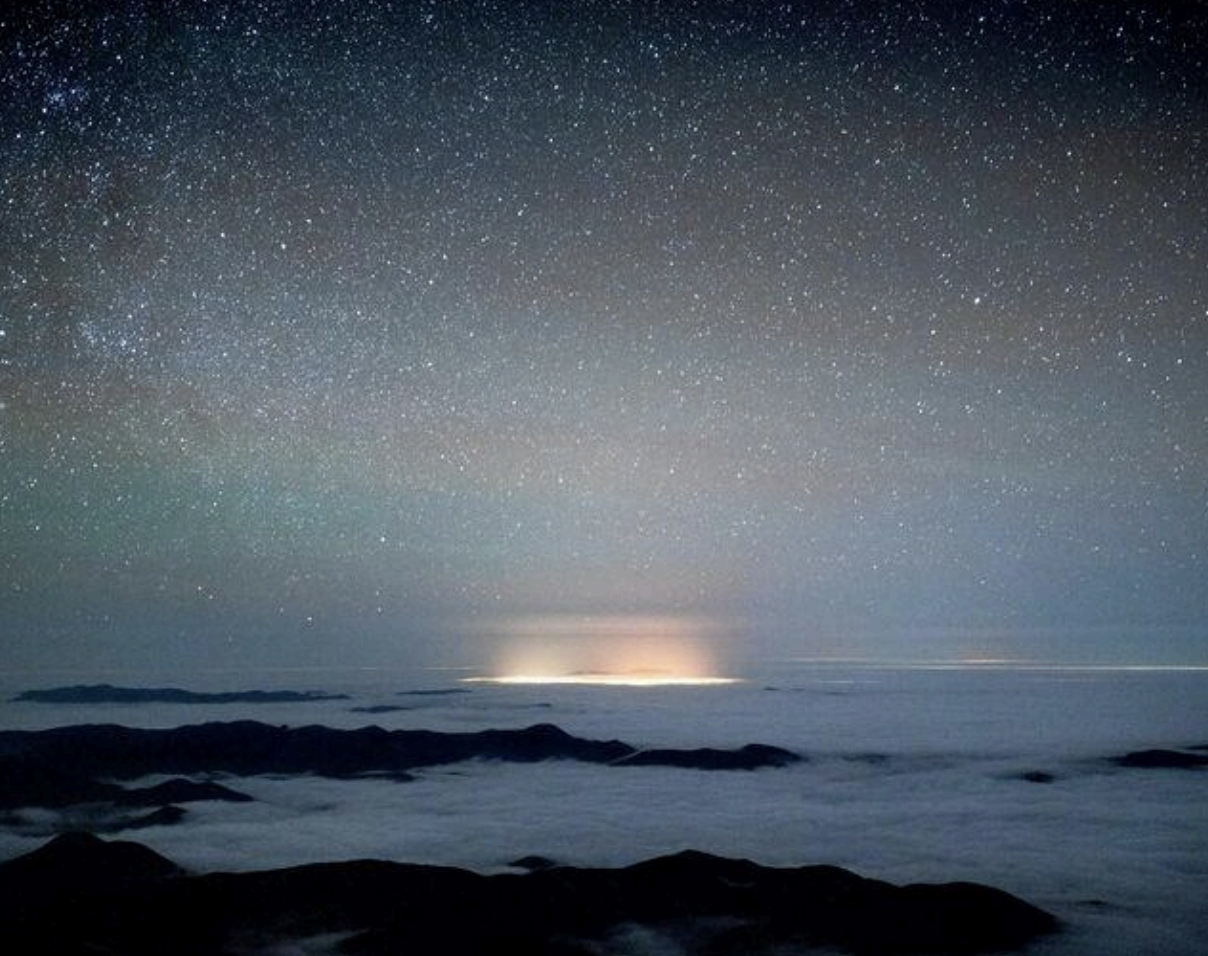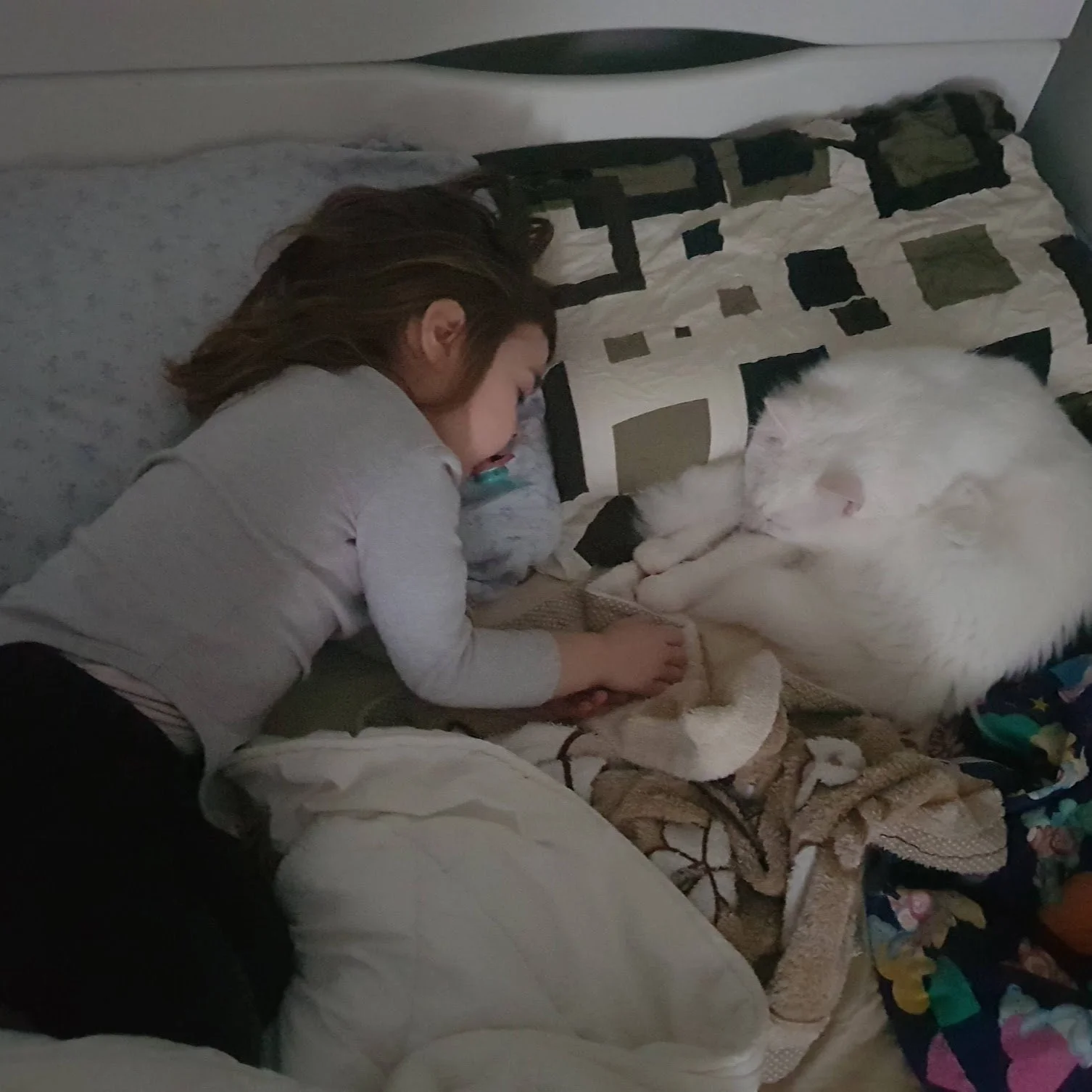In Chile’s Atacama Desert, scientists fight to protect one of Earth’s last dark skies. The loss of darkness is not just physical—it’s psychological.
Read MoreJane Goodall taught us that hope is not naïve optimism but an act of resistance against despair. From Gombe to global climate movements, her legacy links science, compassion, and collective action to help us face crises without shutting down.
Read MoreThis article explores how hostile architecture contributes to psychic numbing and slow violence, and how narrative empathy can restore compassion in the way we design and inhabit public spaces.
Read MoreThrough narrative empathy, this piece remembers Alina’s friends and family lost to the war in Ukraine, pushing back against psychic numbing by focusing on individual lives behind the statistics.
Read MoreAlina’s testimony from Bucha offers a deeply personal account of the war in Ukraine, showing how narrative empathy can break through psychic numbing and keep the human cost of war from being forgotten.
Read MoreIn a world facing climate change, artificial intelligence, and rising inequality, what path will the Catholic Church take under the leadership of Pope Leo XIV?
Read MoreThis article examines how de-extinction projects like the “dire” wolves provoke moral questions about ecological empathy and compassionate conservation, highlighting the dangers of creating life for spectacle rather than true restoration.
Read MoreFrom spiritual teachers to human rights leaders, these ten voices offer timeless wisdom on compassion. Their words remind us that compassion is not only a feeling—but a force for connection, resilience, and everyday action.
Read MoreReal stories of compassion in unexpected places—from war zones to protests. What happens when empathy defies division?
Read MoreThis article examines how psychic numbing weakens public response to climate change and argues that narrative empathy is essential for turning overwhelming data into meaningful, emotional engagement.
Read MoreExtremist movements manipulate in-group and out-group empathy to justify hostility, but building narrative empathy can disrupt radical thinking and counteract dehumanization.
Read MoreWhy does bad news capture our attention while good news fades away? Explore the psychology behind negativity bias, loss aversion, and media influence. Learn how these biases shape our perception of the world—and how we can balance our media diet for a healthier, more realistic perspective.
Read MoreParticipatory ecological storytelling blends narrative empathy with ecological empathy and thus becomes a creative and collaborative way to address eco-anxiety and psychic numbing and build deeper connections with nature.
Read MoreIs empathy a weakness or a strength? This article explores empathy as an exercise—one that, like music, requires attention, care, and practice. In a time of rising apathy, choosing empathy is choosing connection.
Read MoreWhat happens when Hamlet meets Grand Theft Auto Online? During lockdown, artists turned a video game into a stage, proving that even in chaos, storytelling can connect us. Discover how this experiment redefined performance and resilience.
Read MoreThis year’s Oscars highlighted stories that demand to be seen: a Palestinian-Israeli documentary on loss and resistance, L.A. firefighters honored for real-life heroism, and Anora, a film giving visibility to erased lives. Why these moments mattered.
Read MoreThis article explores how cultivating ecological empathy through narrative empathy transforms our understanding of interdependence, guiding us toward a more sustainable future.
Read MoreMeet Peyo, the extraordinary horse bringing comfort to terminally ill patients. His story reveals the deep emotional bond between humans and animals, proving that healing isn’t just medical—it’s also about compassion.
Read More


















